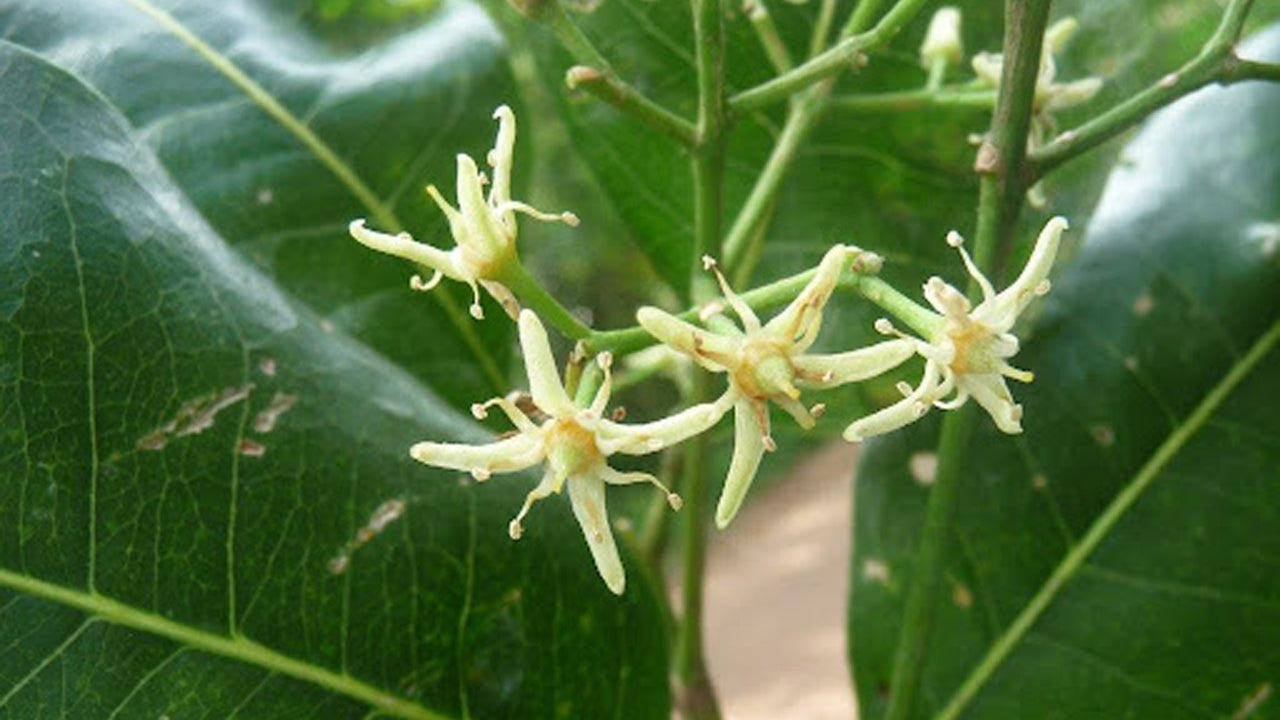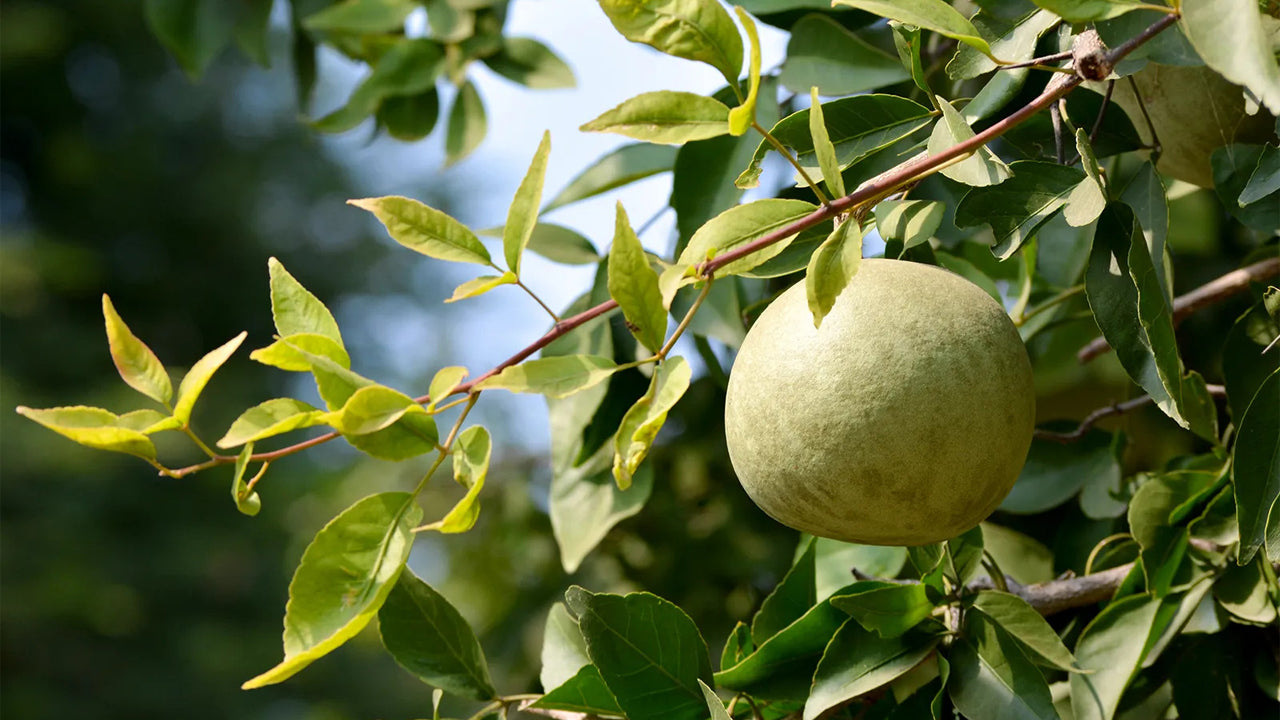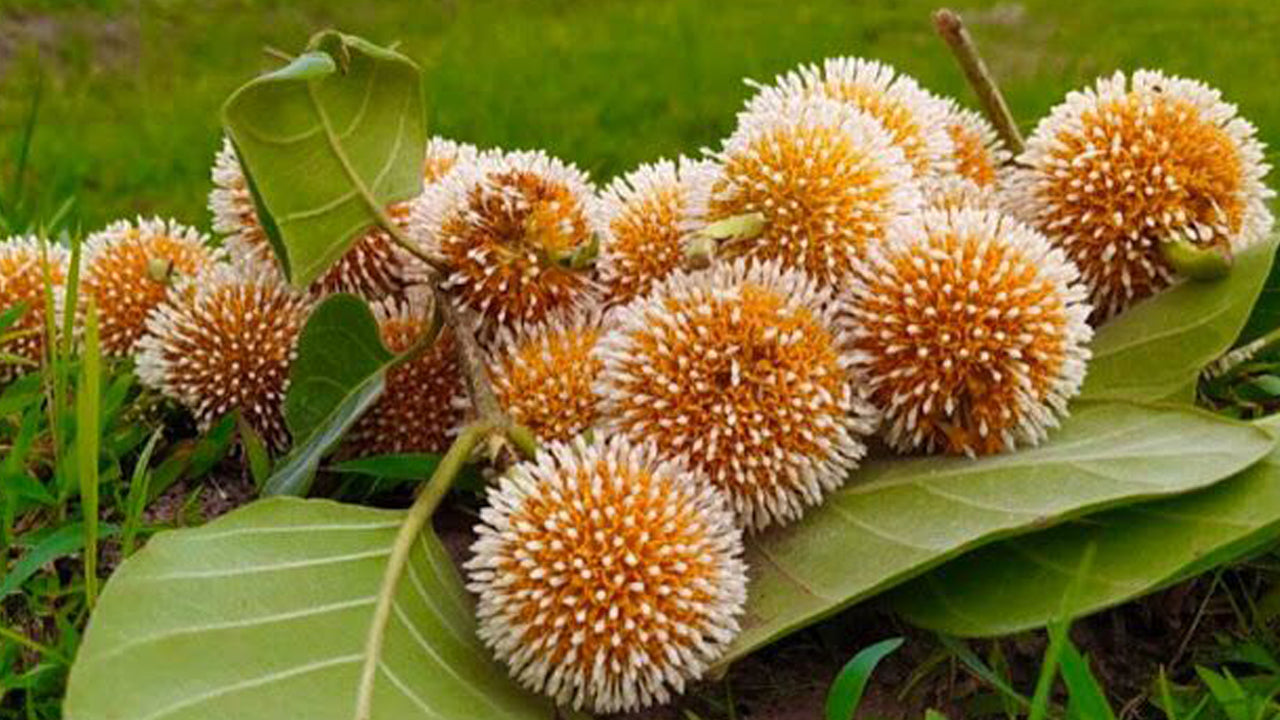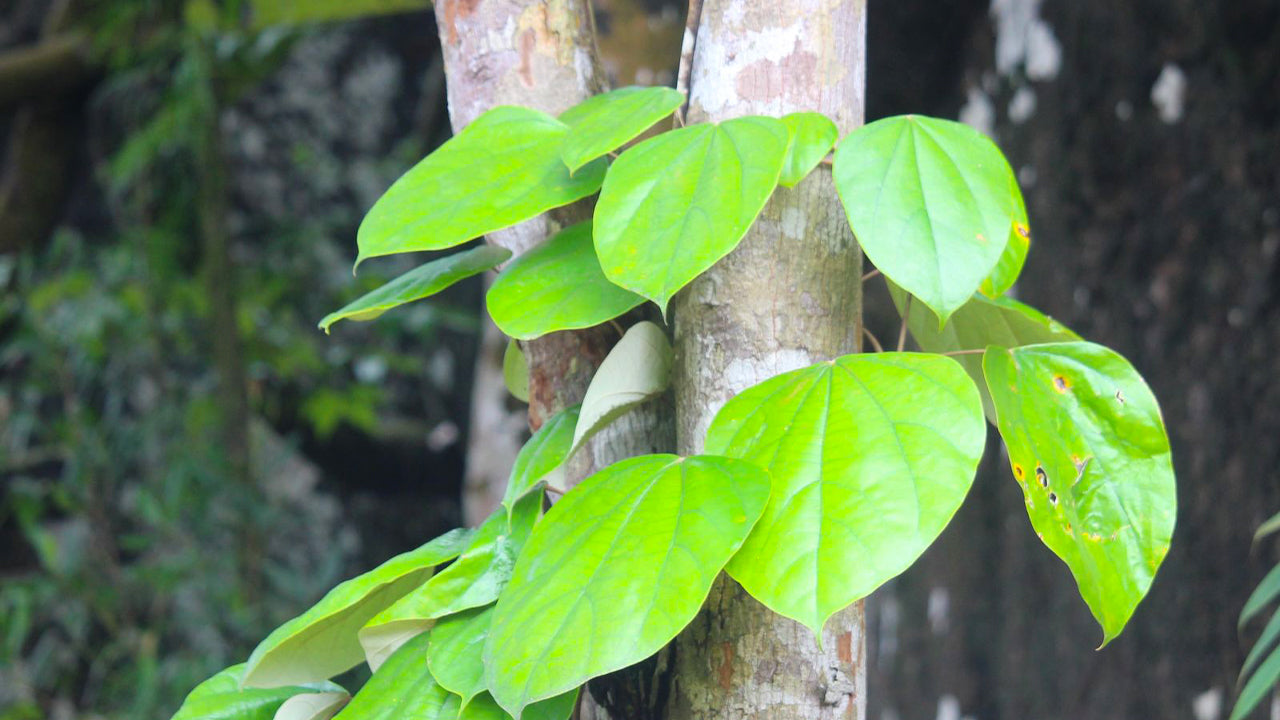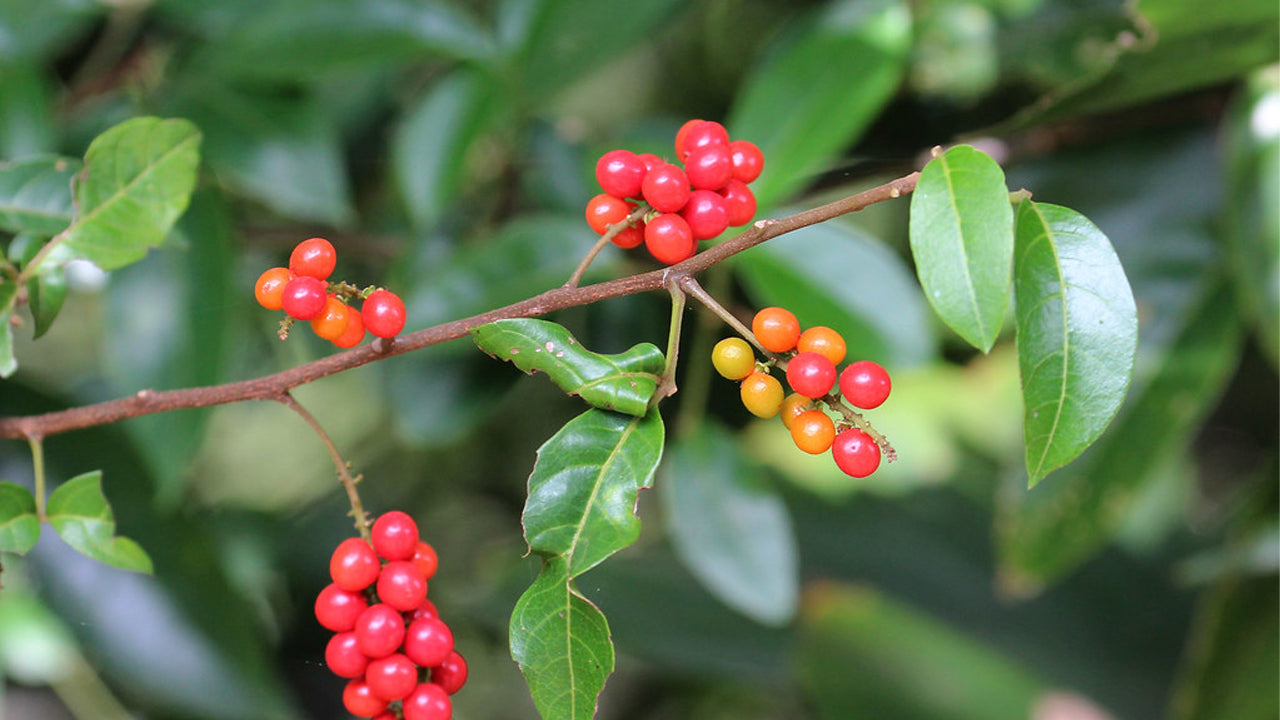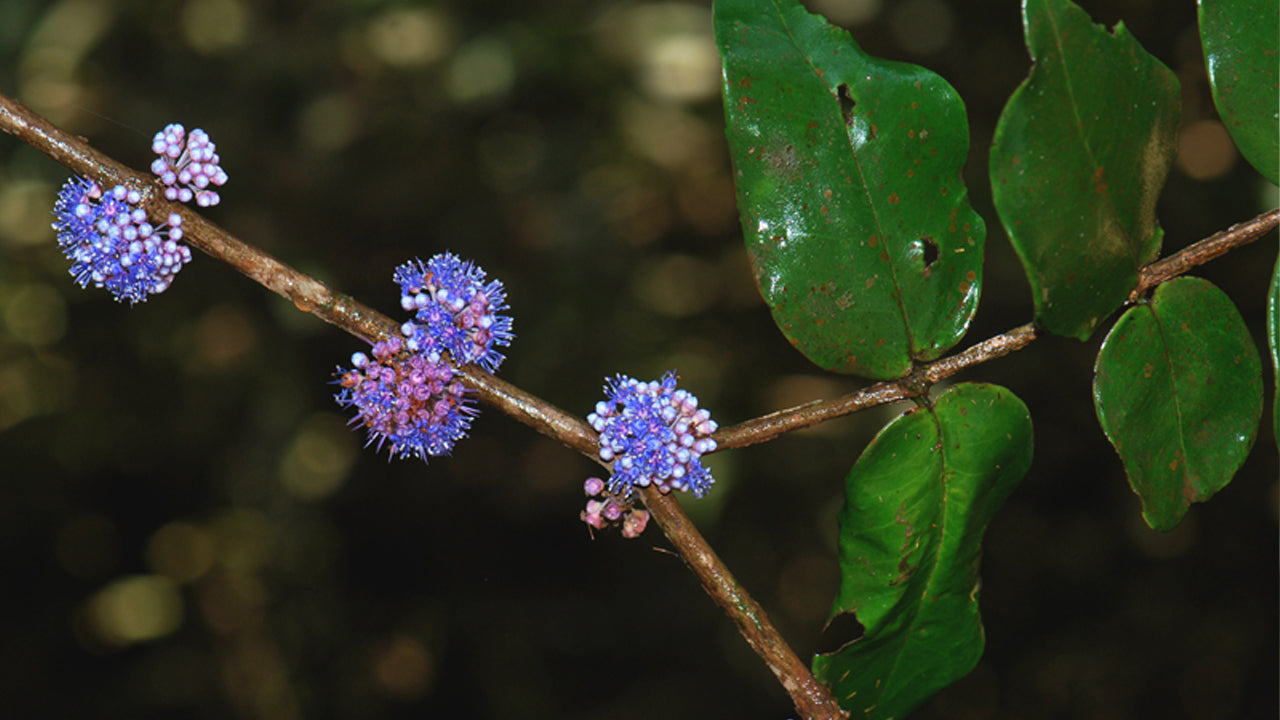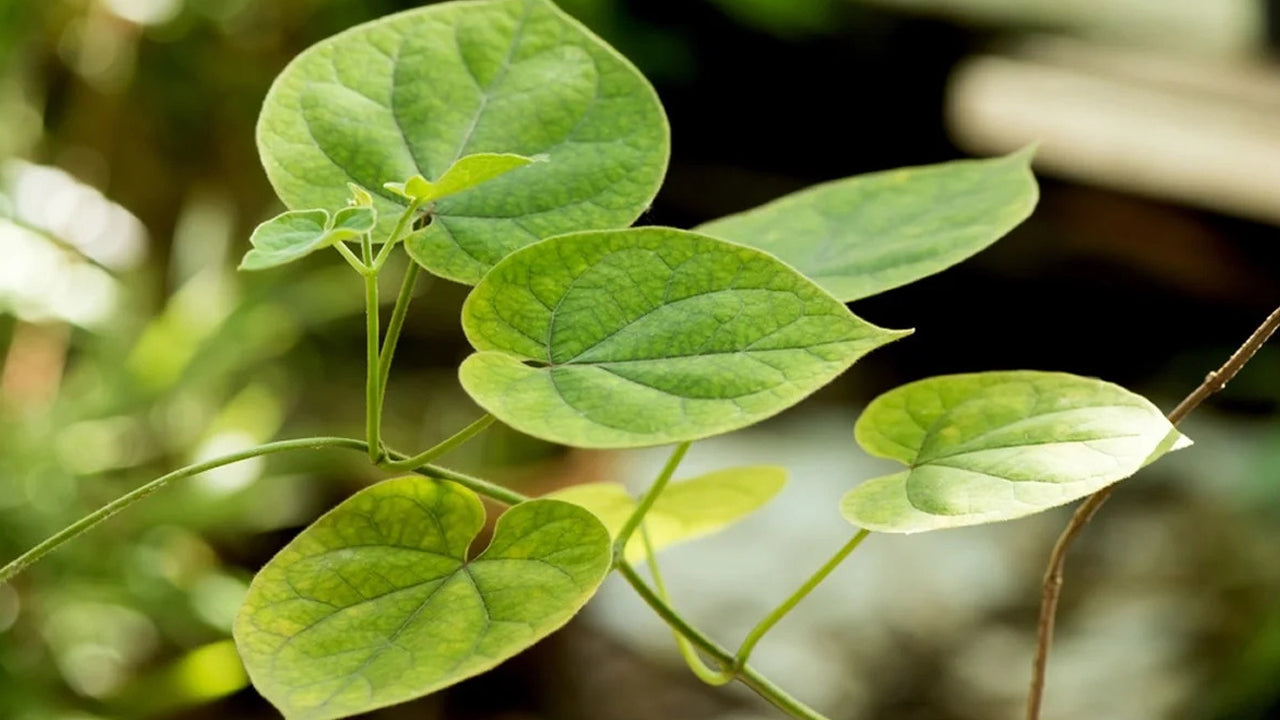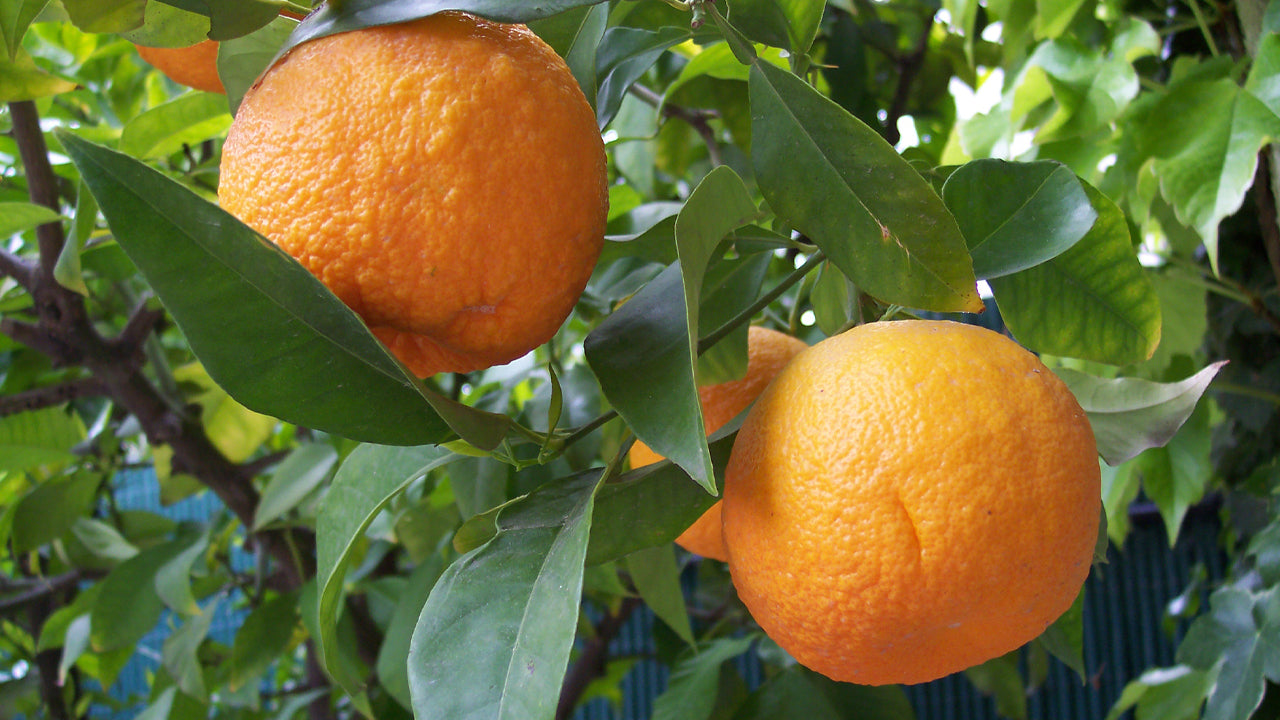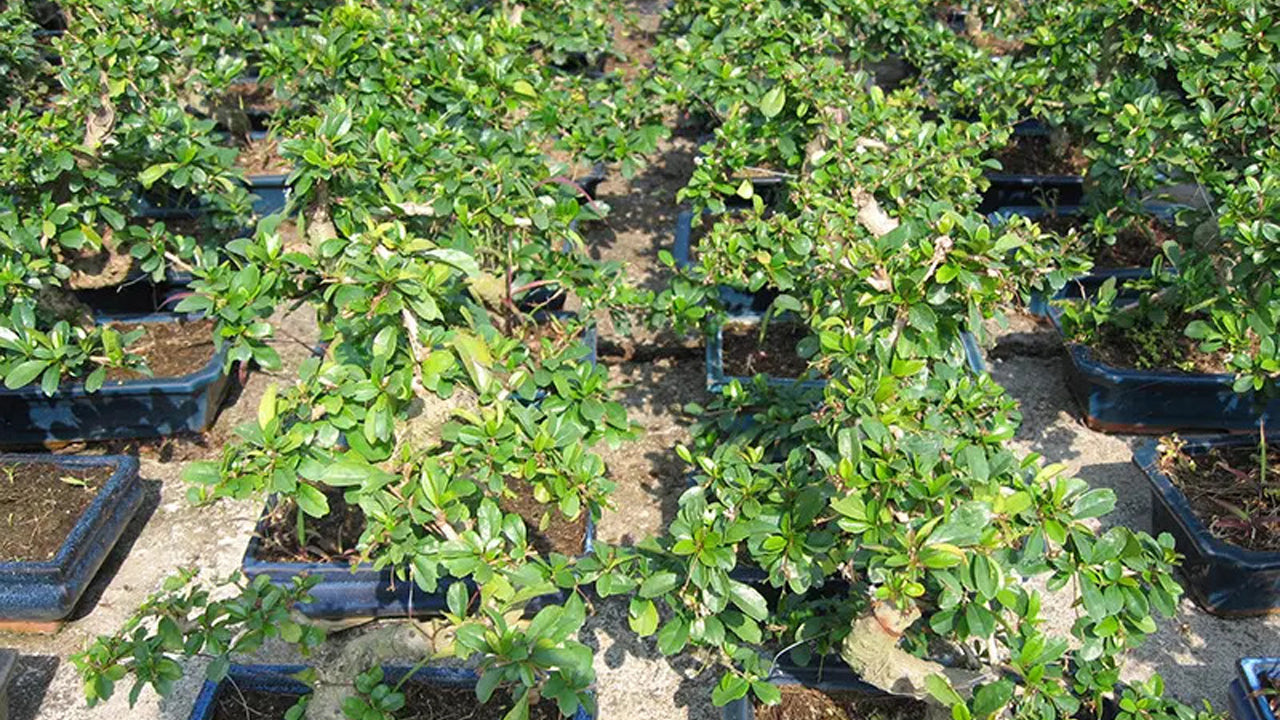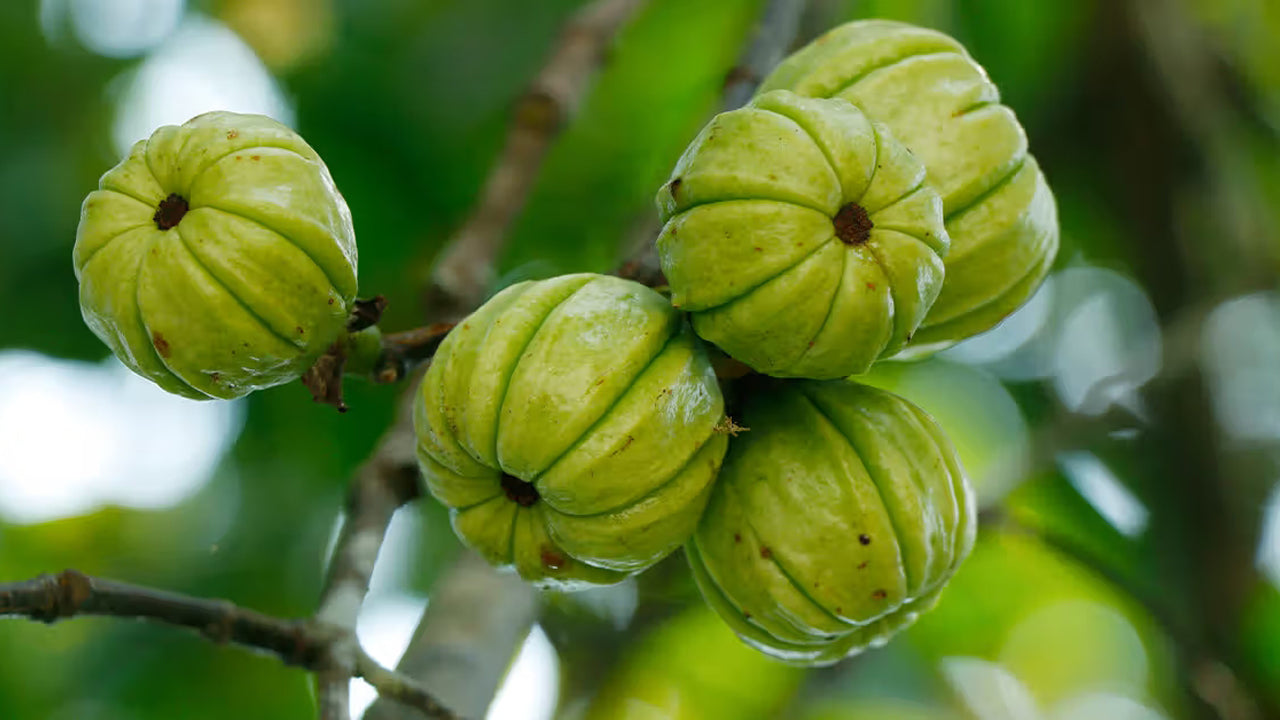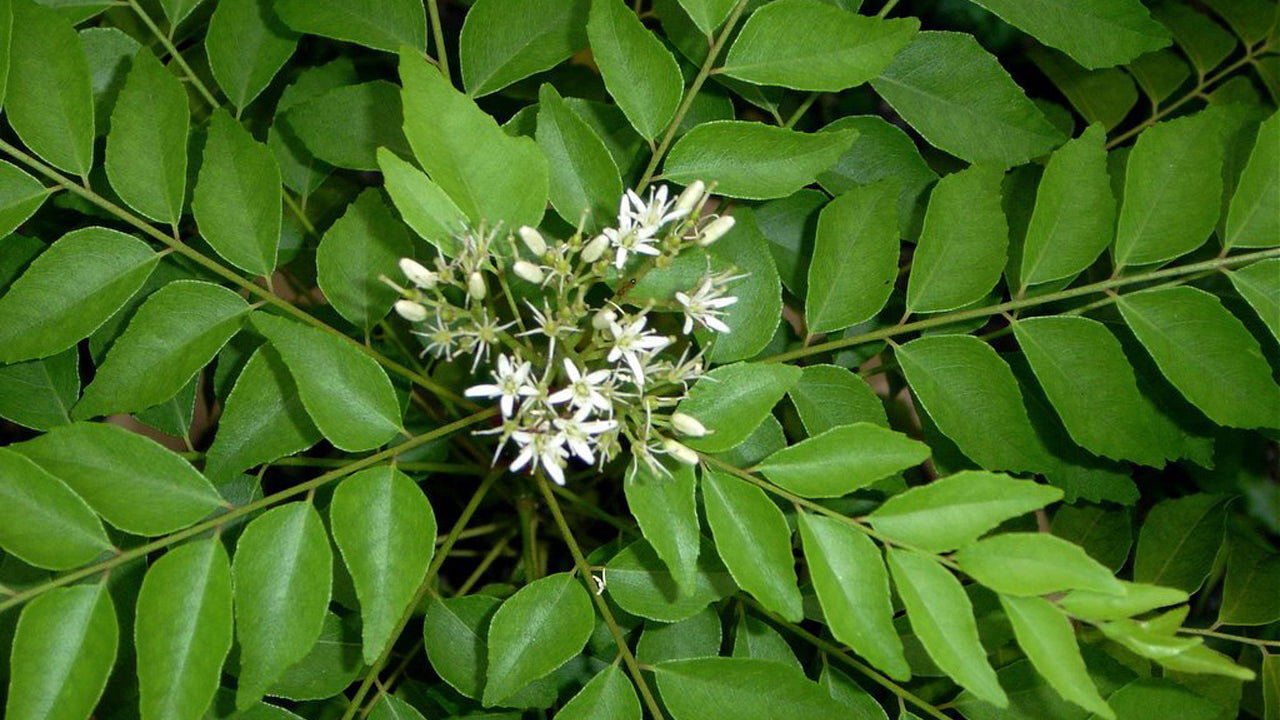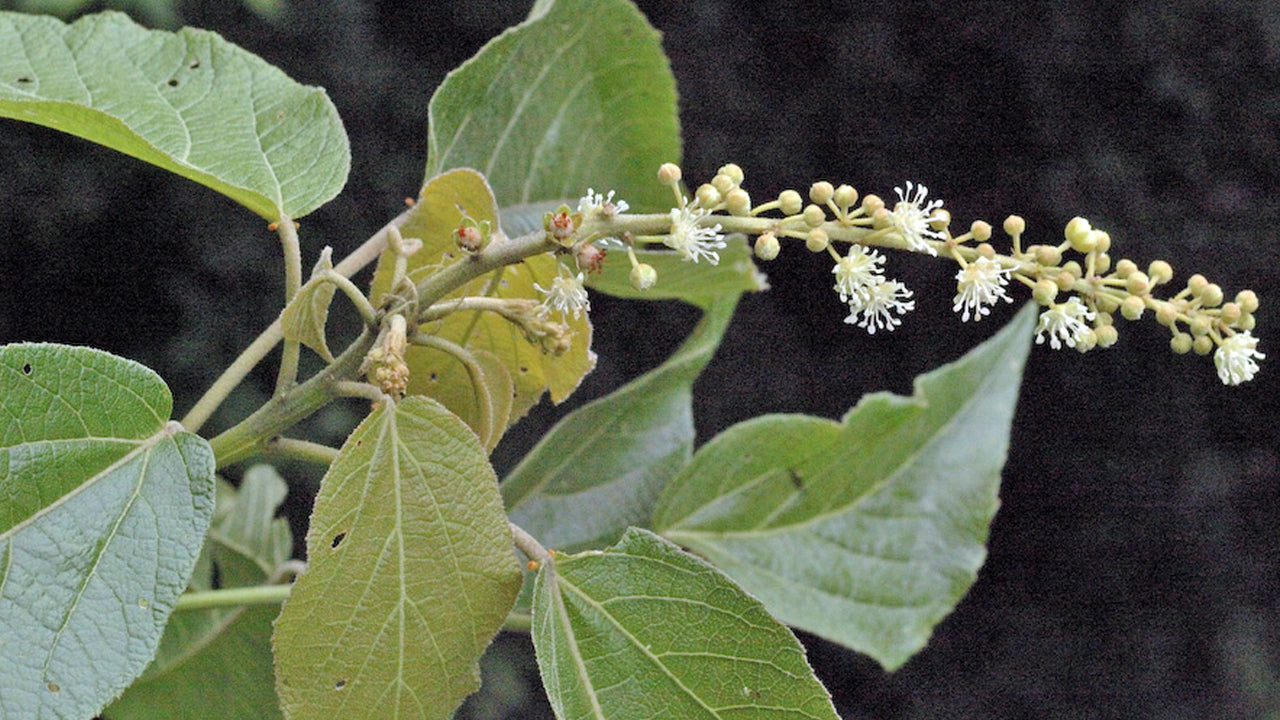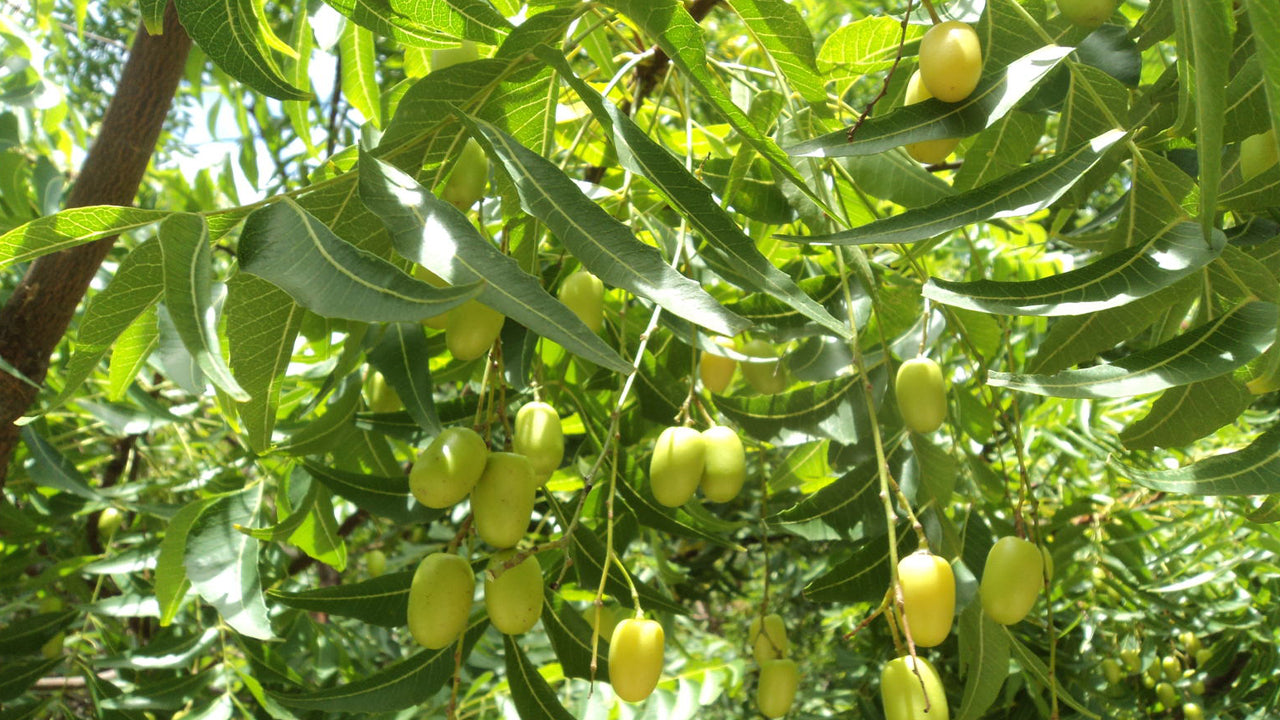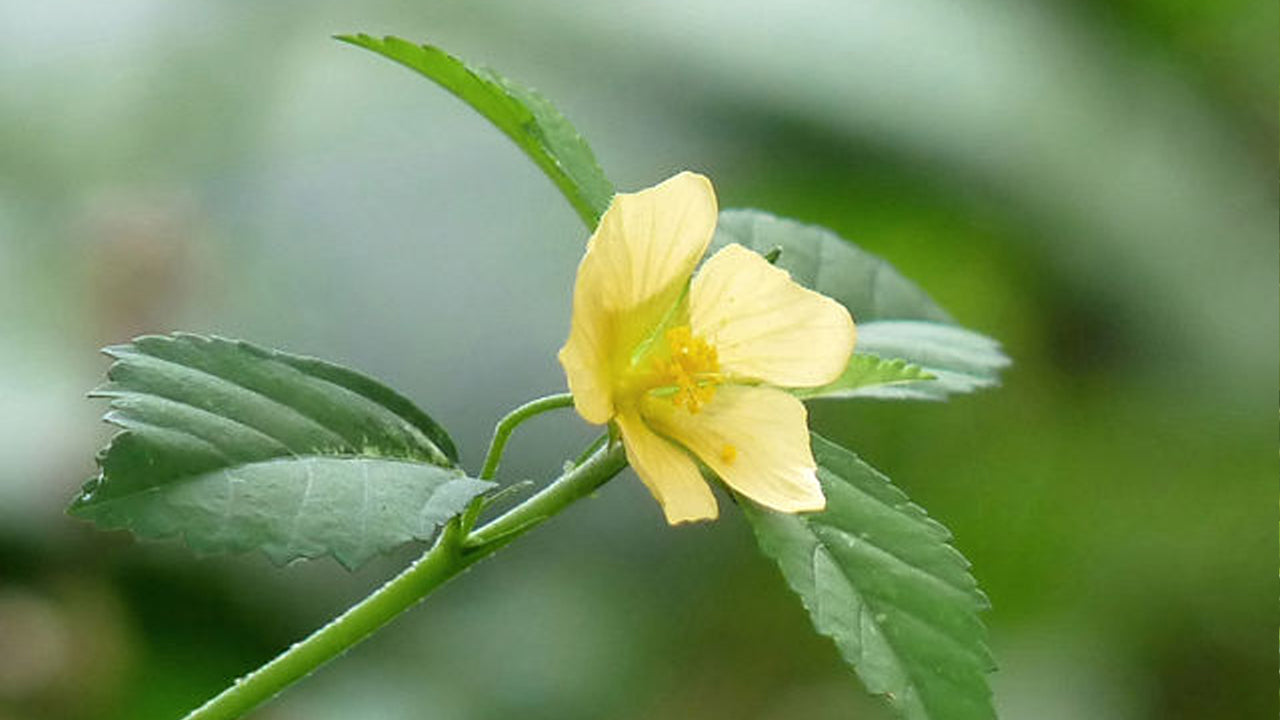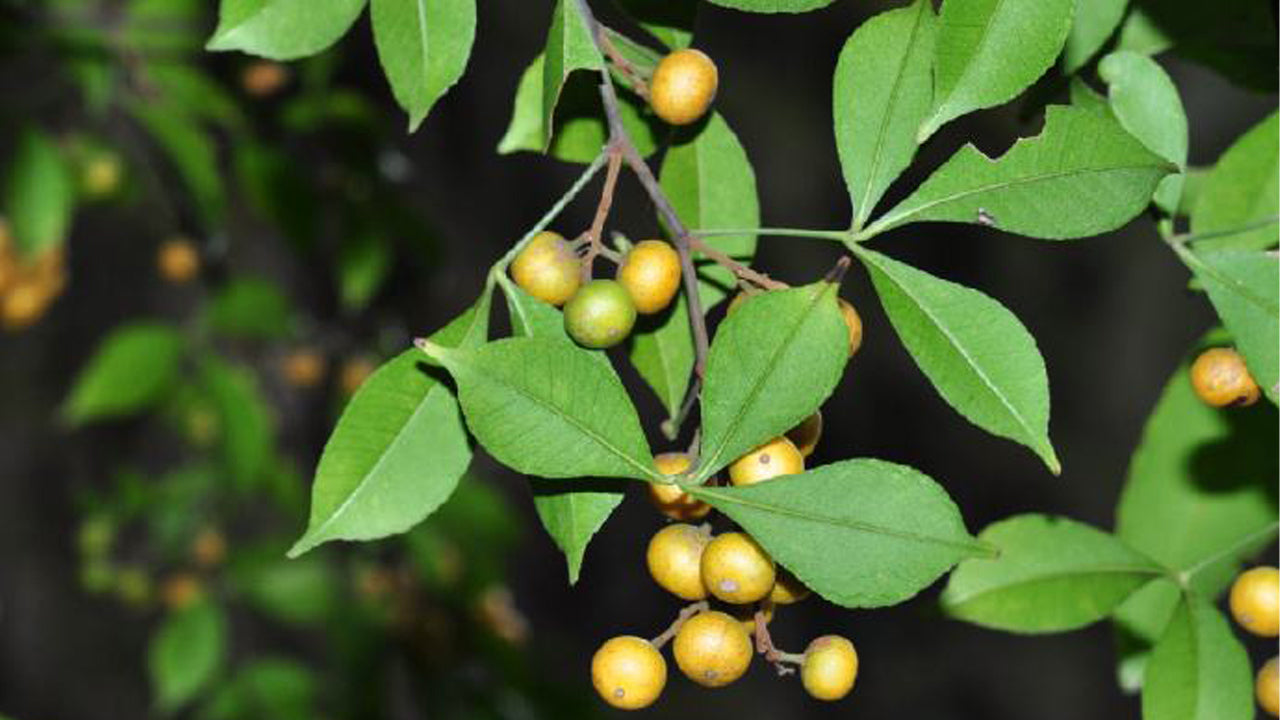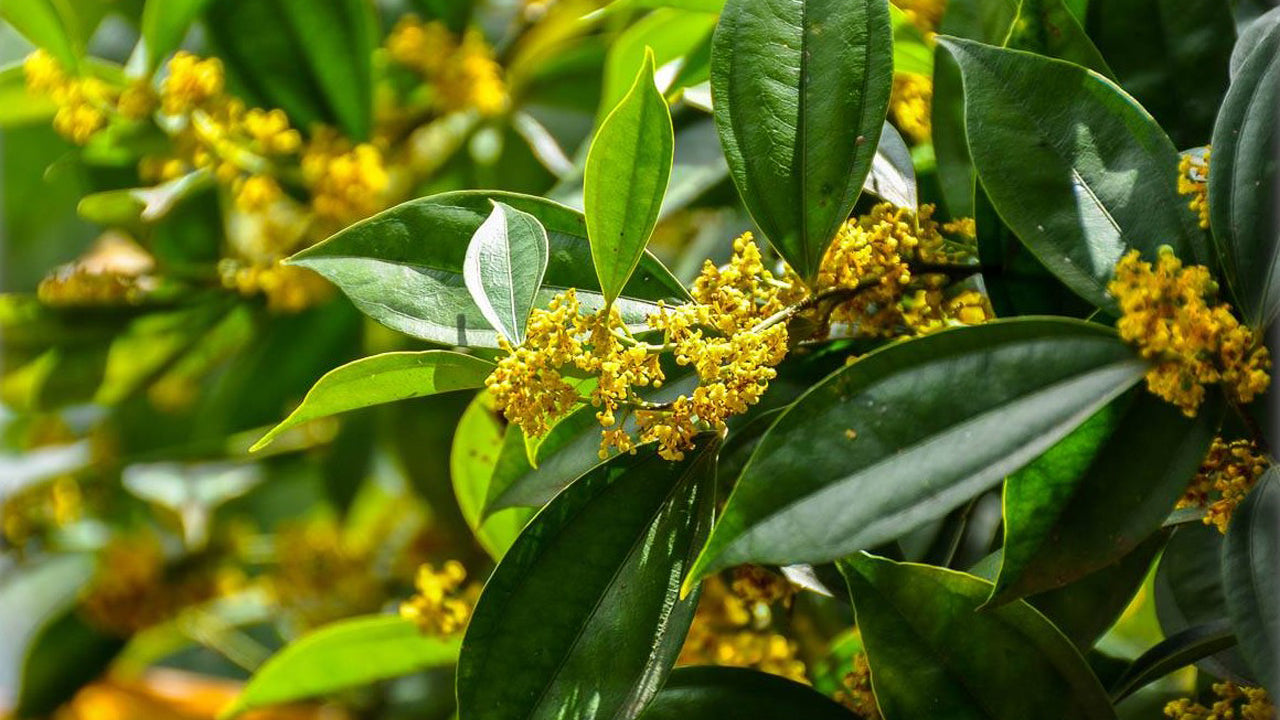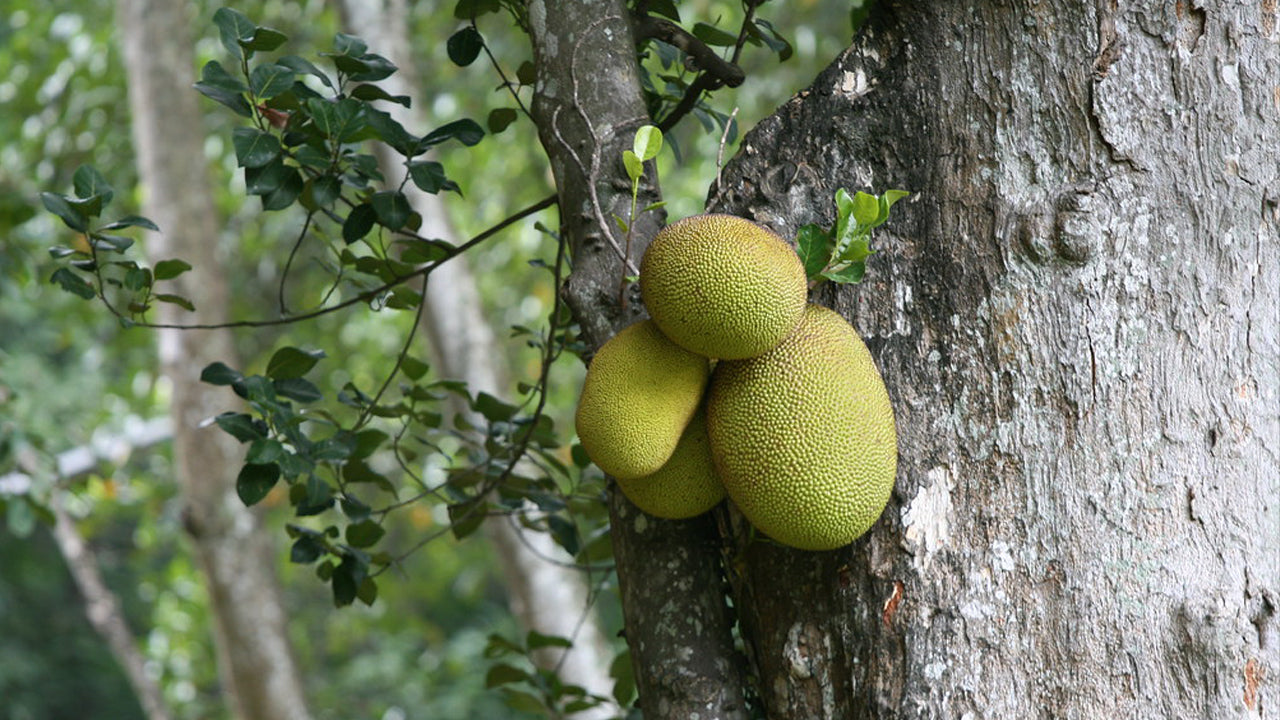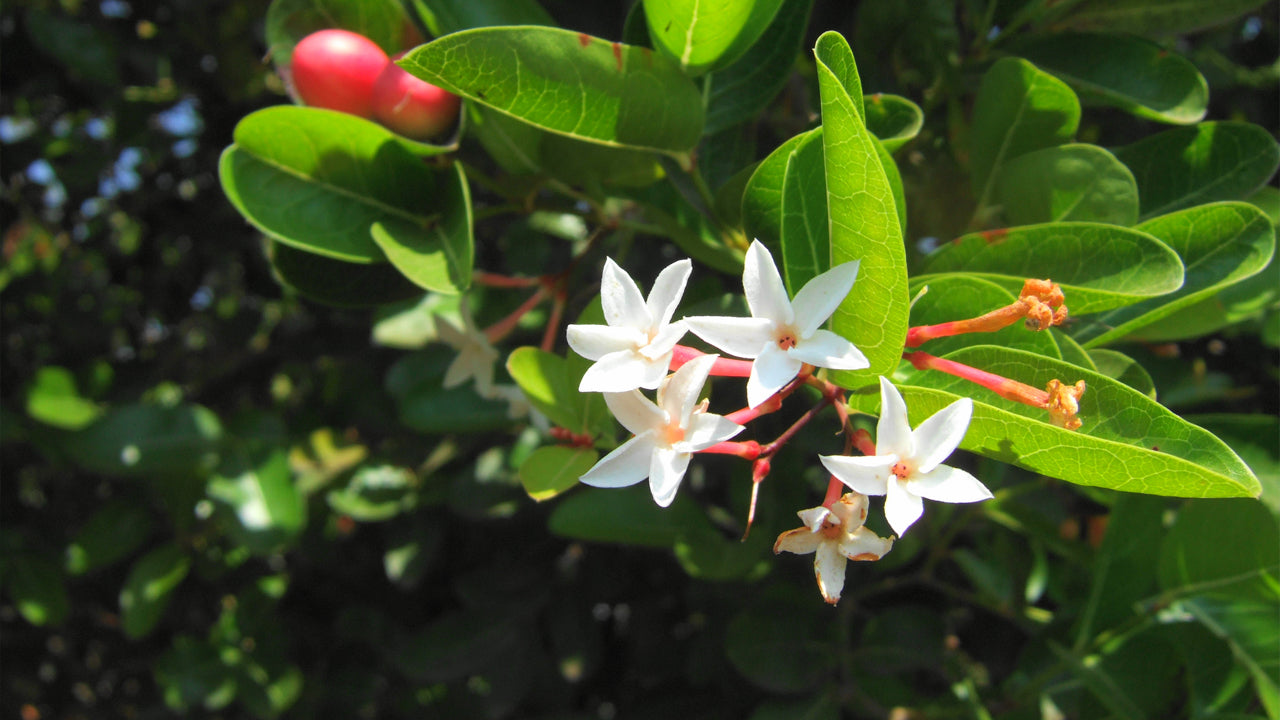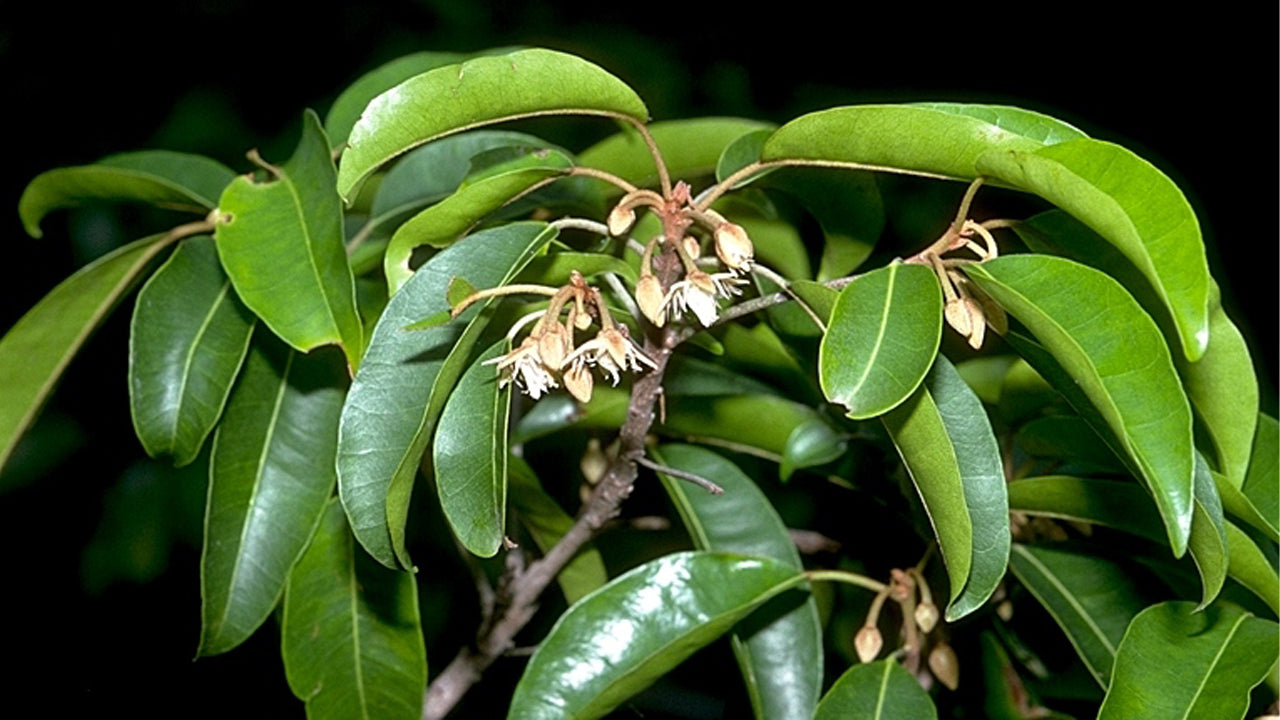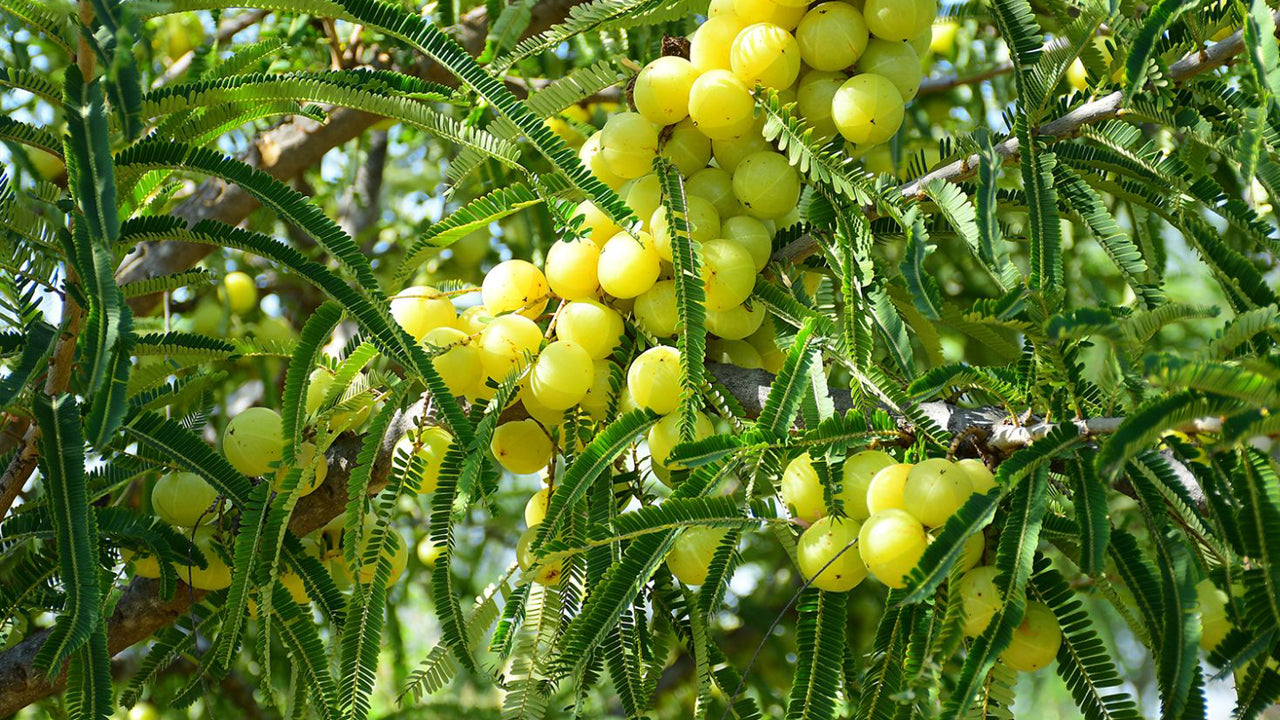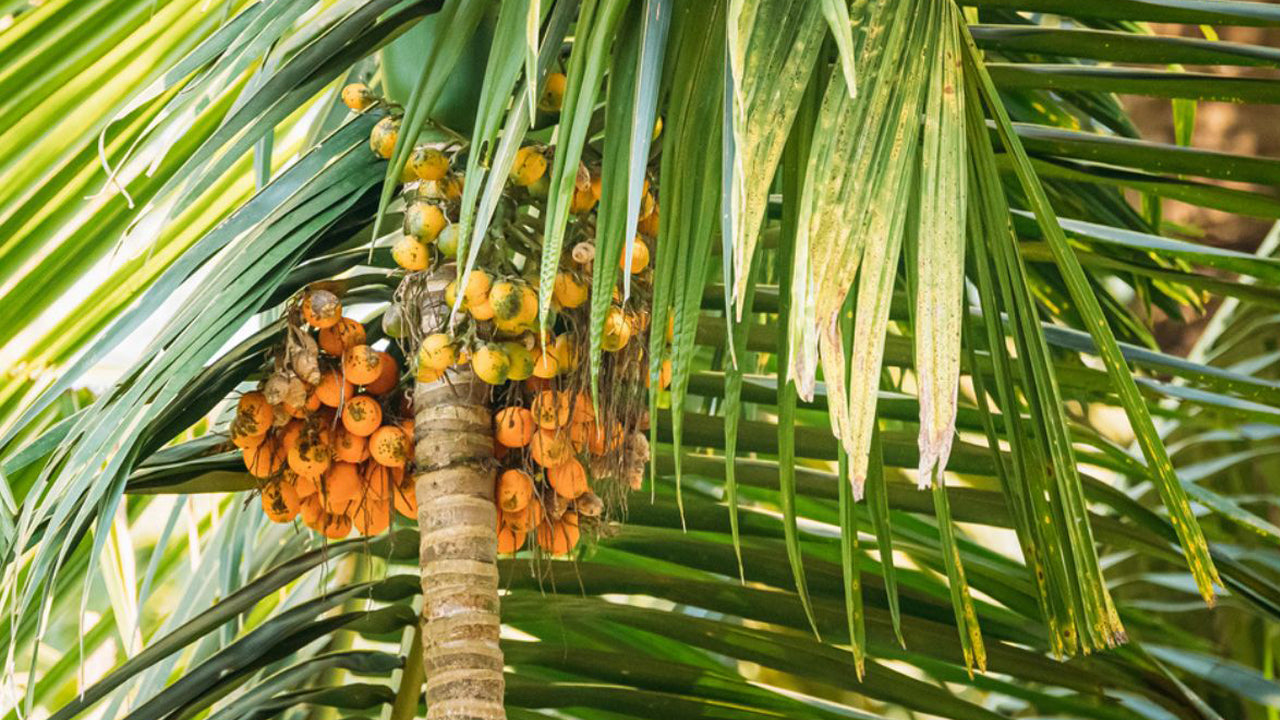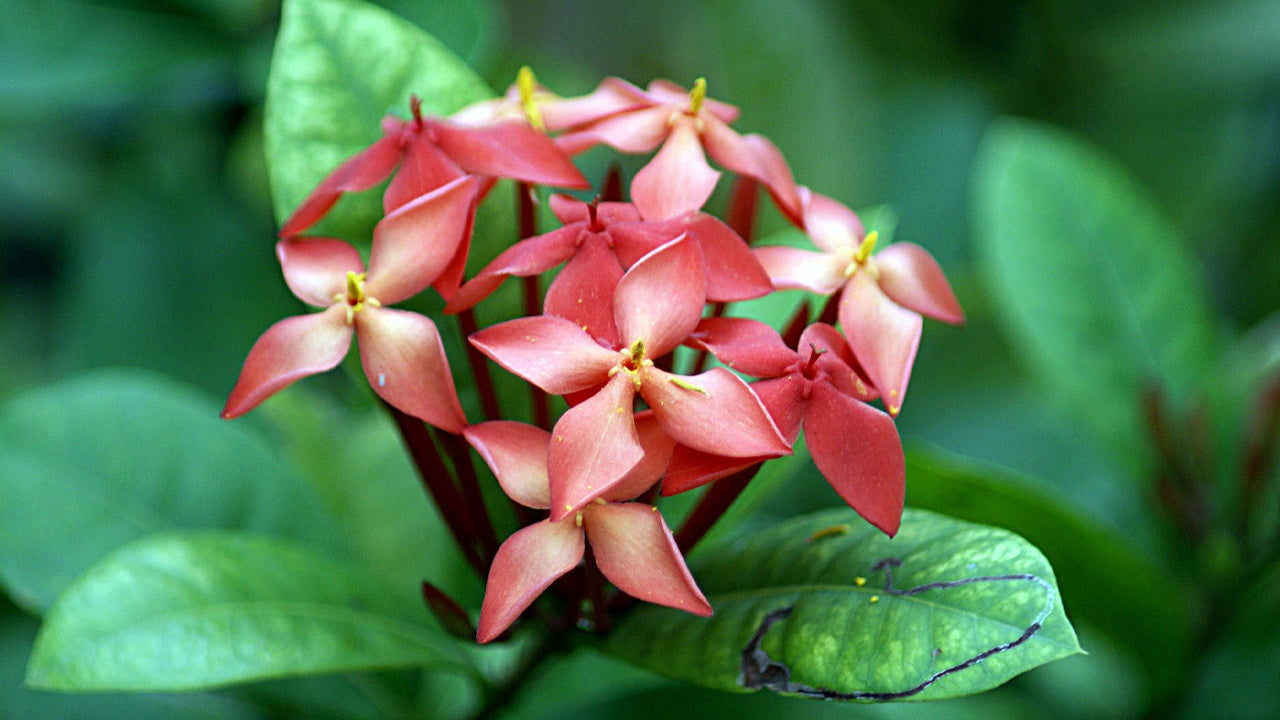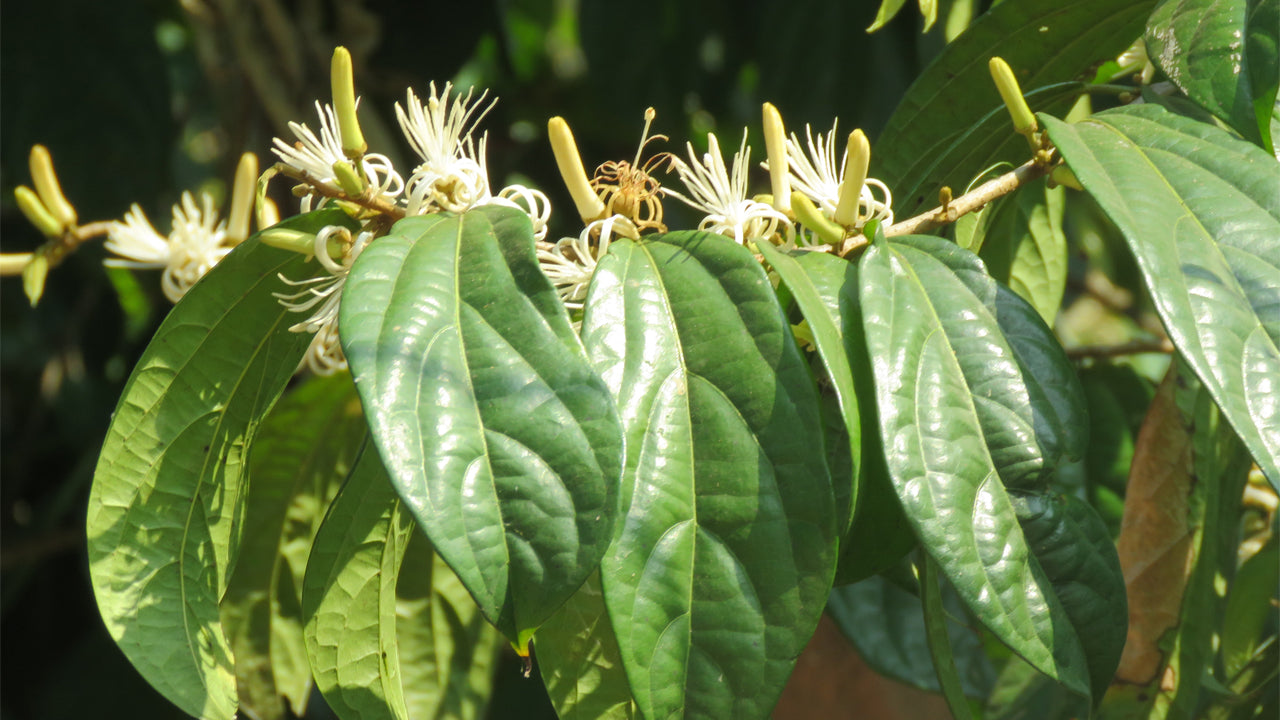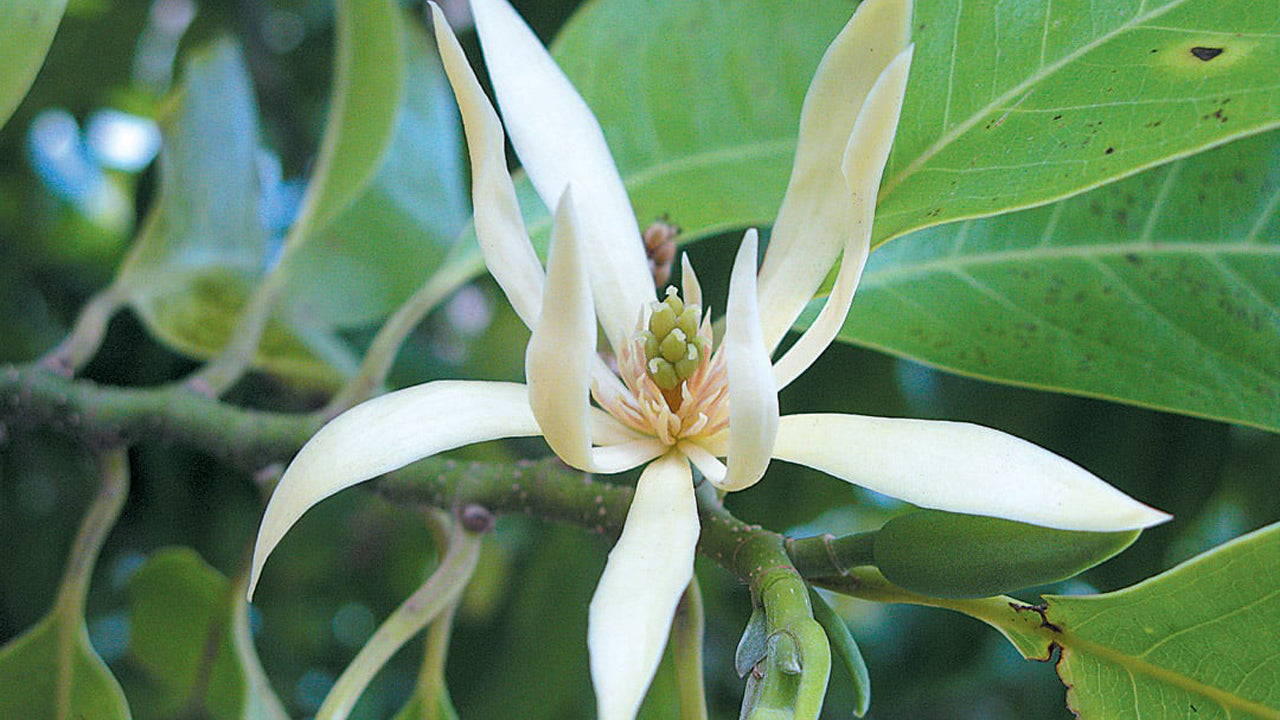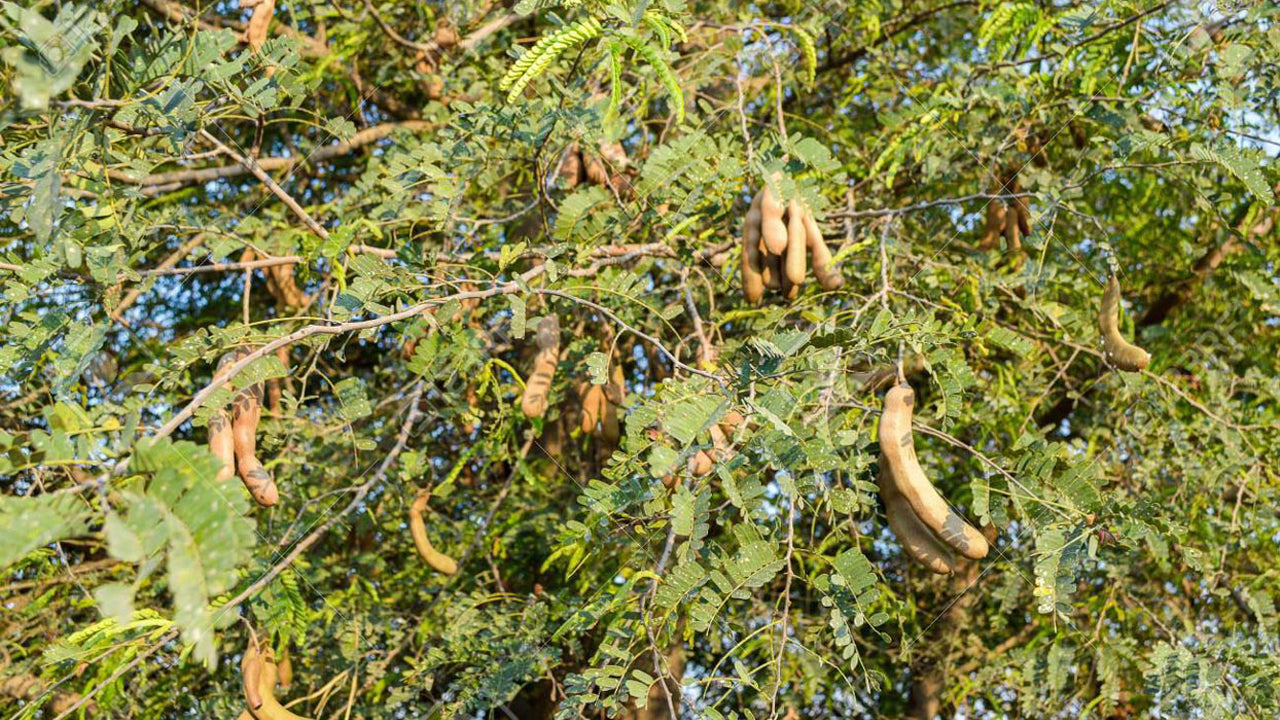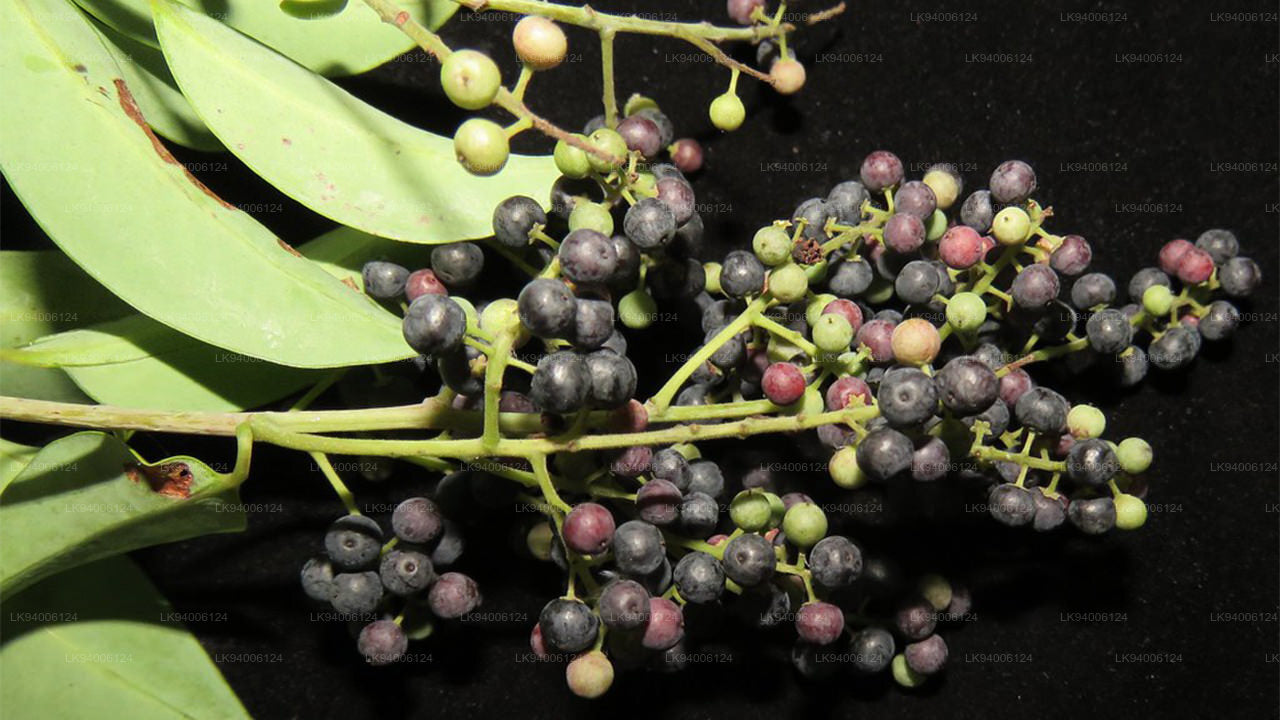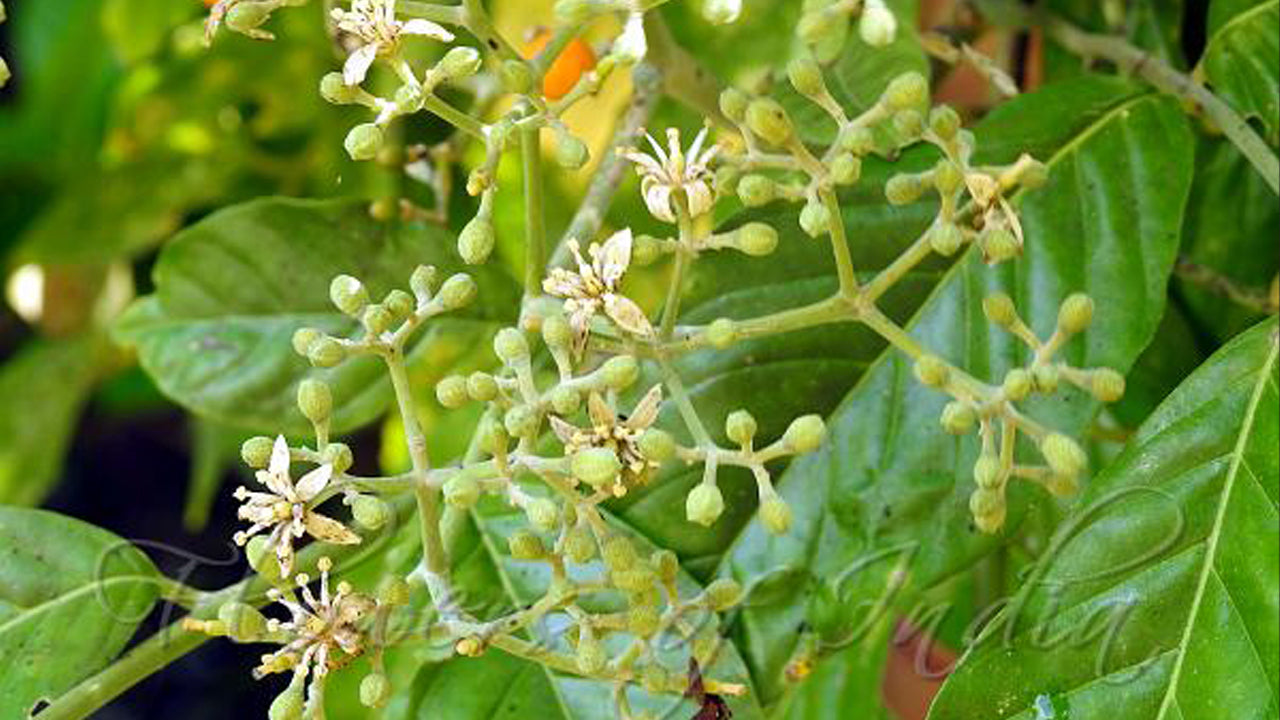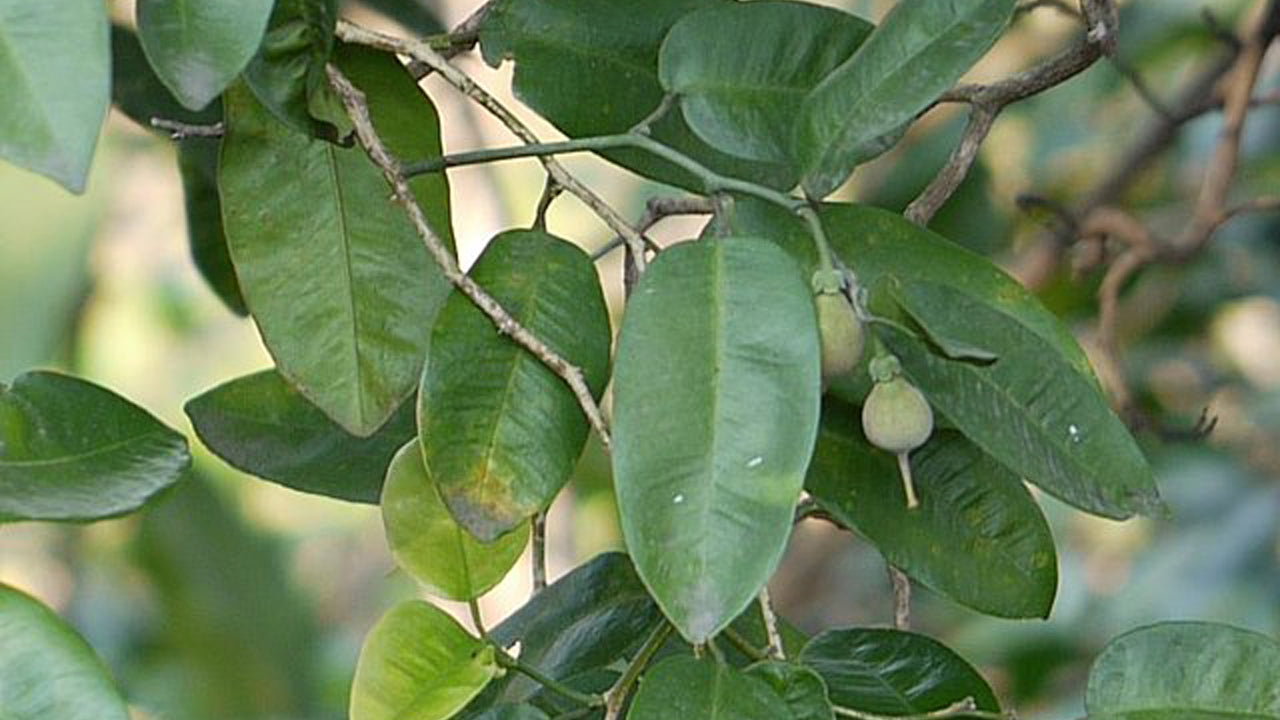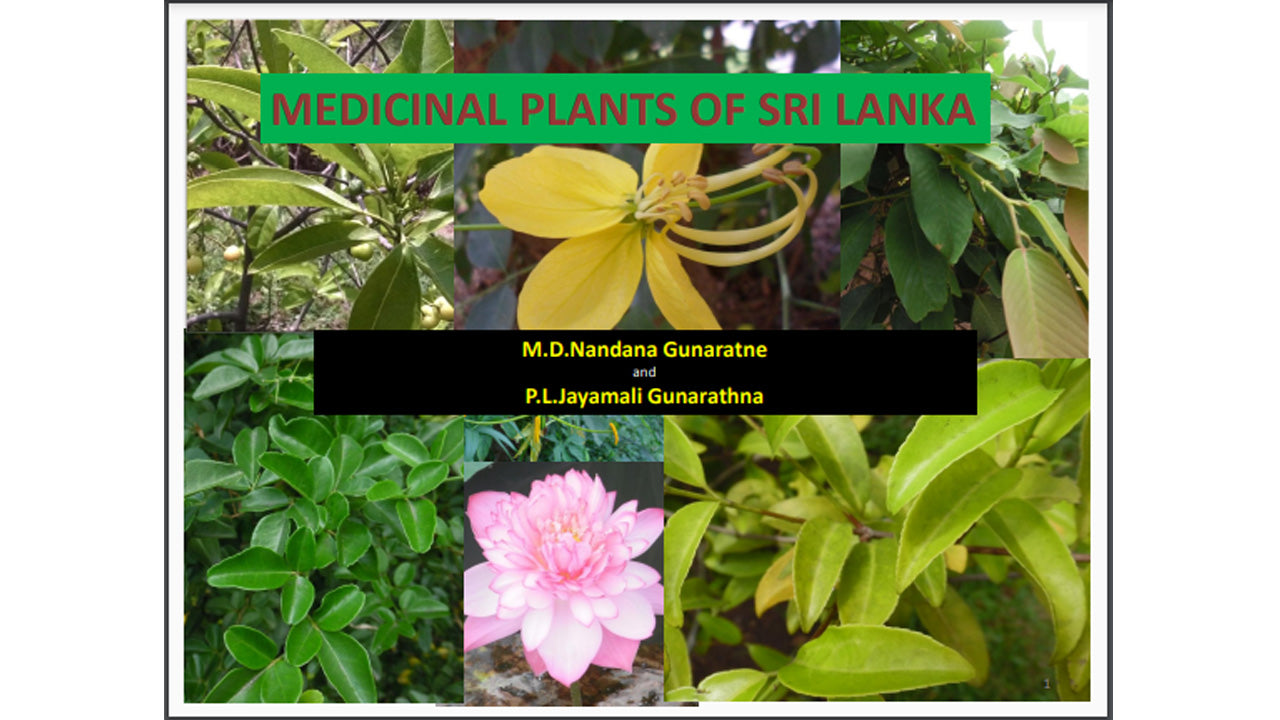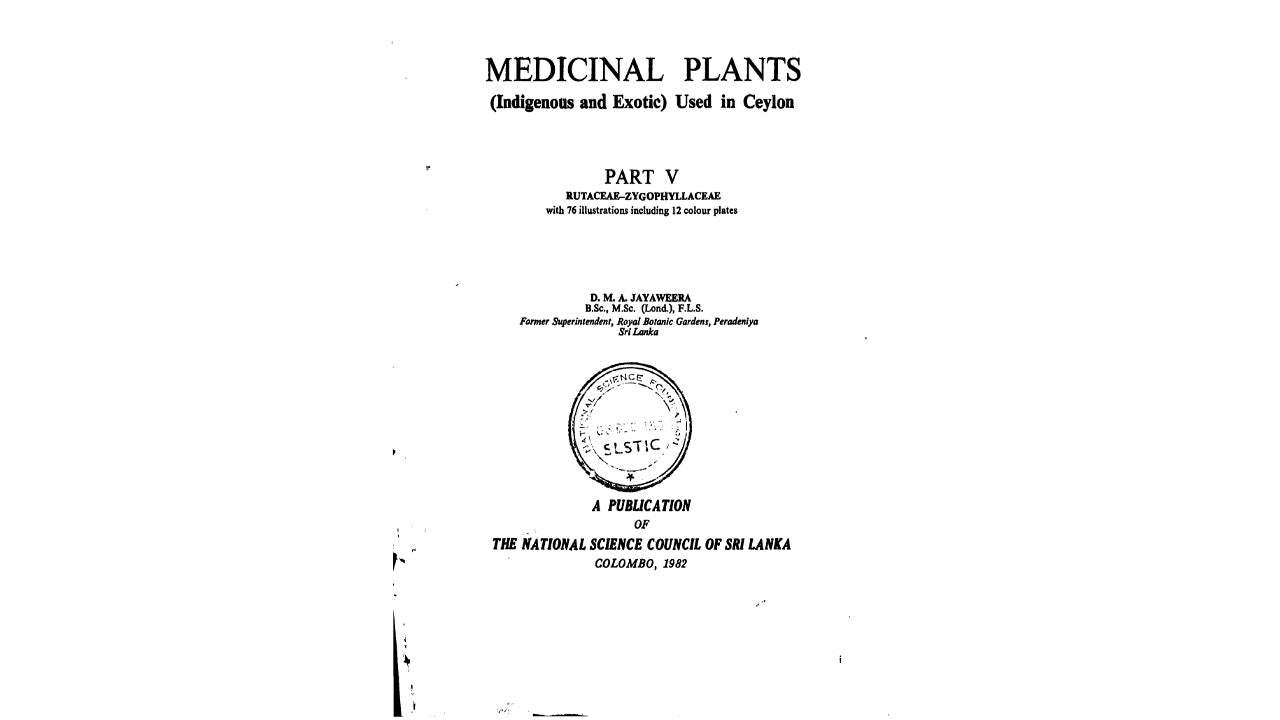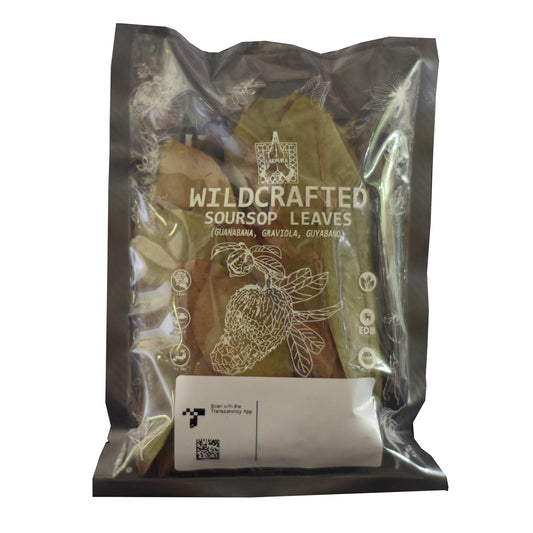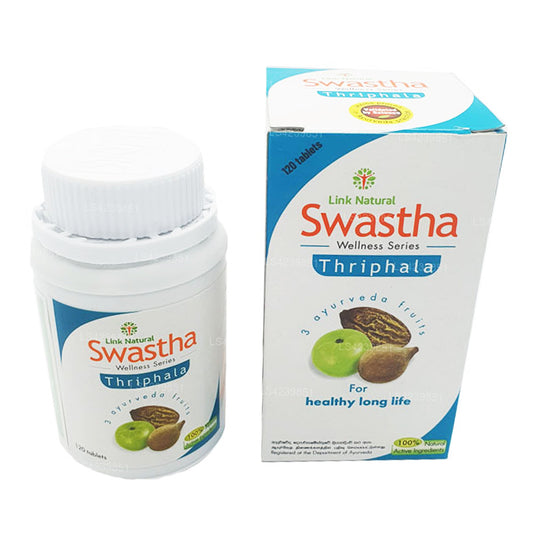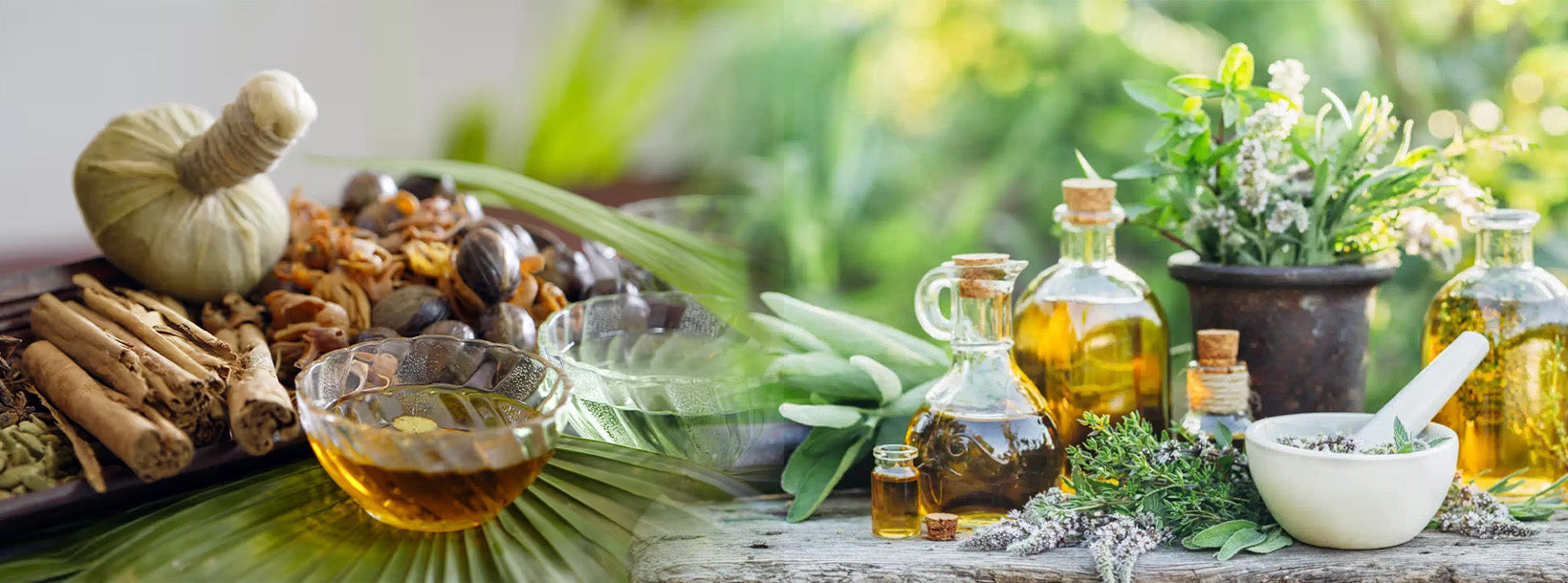
Ayurvediske lægeplanter
Sri Lankas ayurvediske tradition byder på et rigt udvalg af lægeplanter, der har været brugt i århundreder. Sri Lanka har en rig tradition for ayurvedisk medicin, der trækker på sin oprindelige viden og en række lægeplanter. Her er nogle bemærkelsesværdige ayurvediske lægeplanter, der findes i Sri Lanka:
Adenanthera pavonina(මදටිය)
Adenanthera pavonina, commonly known as Madatiya in Sri Lanka, is a medium-sized deciduous tree valued for its striking red seeds and multiple traditional uses. Native to South and Southeast Asia, this tree is often found in home gardens, roadsides, and temple premises due to its ornamental appeal and cultural significance.
The bright scarlet seeds, often called “red lucky seeds,” are used in jewelry and traditional crafts. Despite their beauty, the seeds are toxic if ingested raw, though they have been used in some traditional medicinal preparations after careful processing. The tree’s leaves, bark, and roots are also used in Ayurvedic medicine for their anti-inflammatory and analgesic properties.
Madatiya trees are known for their spreading canopy and shade, making them a popular choice in landscaping. The timber, being hard and durable, is used for making tools and small furniture. During flowering, the tree bears yellowish blossoms that attract bees and butterflies, contributing to local biodiversity.
It grows well in tropical climates and blooms mostly during the dry season. Easily identifiable by its feathery leaves and red seeds, Adenanthera pavonina remains a culturally important and ecologically beneficial tree in Sri Lanka’s traditional and natural landscapes.
Ayurvedisk og urtebaseret
-
Siddhalepa Ayurveda Urtebalsam
Normalpris Fra $0.32 USDNormalpris$0.38 USDUdsalgspris Fra $0.32 USDUdsalg -
Lakpura Dehydreret Soursop (Guanabana, Graviola, Guyabano) Blade
Normalpris Fra $1.32 USDNormalpris$1.57 USDUdsalgspris Fra $1.32 USDUdsalg -
Link Swastha Thriphala (30 Tabletter)
Normalpris Fra $1.90 USDNormalpris$2.25 USDUdsalgspris Fra $1.90 USDUdsalg -
Sethsuwa Pranajeewa Miracle Oil
Normalpris Fra $3.20 USDNormalpris$3.80 USDUdsalgspris Fra $3.20 USDUdsalg







